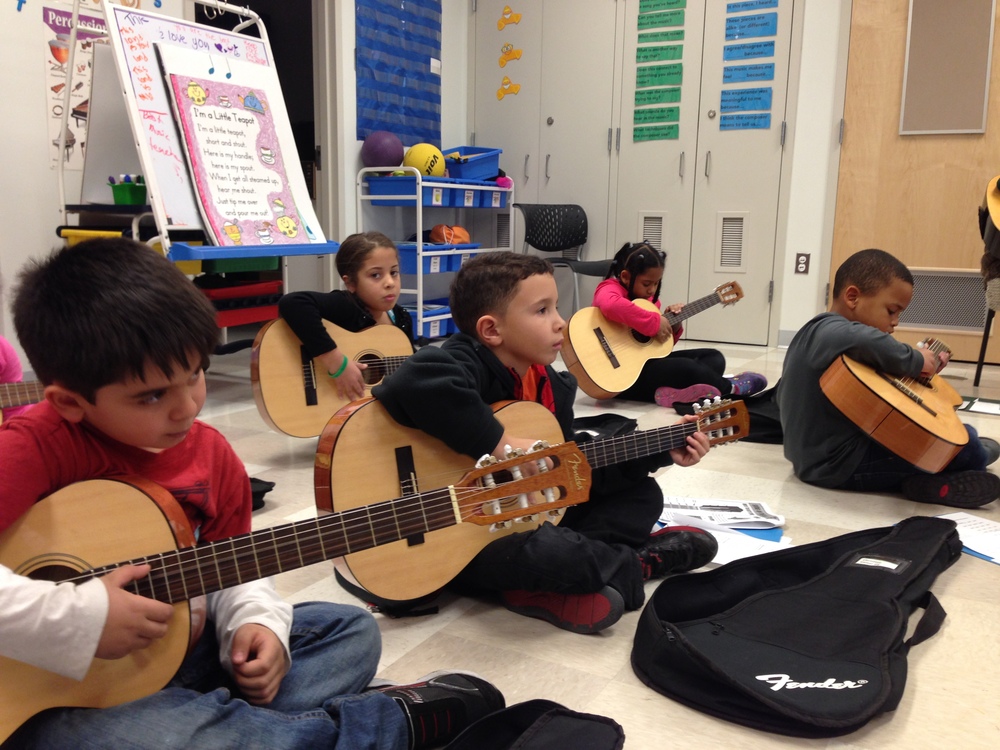Learning how to play the piano can be a rewarding journey, offering a wealth of opportunities for personal and musical growth. Whether you’ve just purchased your first keyboard or have decided to take up lessons, certain foundational elements can fast-track your progress. This guide aims to offer 10 essential tips to help beginners master the piano. And remember, it’s never too early or too late to start—there are even musical classes for toddlers designed to instil a love for the instrument from a young age.
Choose the Right Instrument
Your first step should be selecting an instrument that suits your needs. While grand pianos offer an unparalleled touch and sound, they may not be practical for everyone. Digital pianos and keyboards are more affordable and space-saving options, each with its own set of advantages.
Start with Proper Posture
Sit up straight, place your feet on the floor, and ensure your elbows are slightly above the keys. Proper posture will not only improve your playing technique but also prevent potential injuries.
Focus on Finger Placement
Learning the correct finger placement is crucial. Your thumb is numbered as 1, and your little finger as 5. Different musical pieces require different fingerings, so always pay attention to the recommended finger positions.
Learn Basic Music Theory
Before diving into complex compositions, familiarise yourself with basic music theory. Understand note names, scales, and chords to build a solid foundation. This will make learning new songs much easier.
Practice Regularly
Consistency is key. Aim for shorter but frequent practice sessions, especially as a beginner. Regular practice will help you reinforce muscle memory and improve your skills over time.
Start with Simple Songs
Begin your piano journey with simple songs that require only one or two hands. Gradually work your way up to more complicated pieces as you gain confidence and skill.
Use a Metronome
Timing is essential in piano playing. Using a metronome can help you maintain a consistent tempo and improve your sense of rhythm. Start slow, then increase the speed as you become more comfortable.
Take Professional Lessons
While self-learning through online tutorials can be beneficial, nothing beats the guidance of an experienced teacher. Professional lessons will provide tailored instruction and constructive feedback, invaluable assets for any beginner.
Pay Attention to Dynamics
The word ‘dynamics’ refers to the volume and intensity of music. Learning to control the pressure you apply to the keys will enable you to play more expressively.
Record and Review
Recording your practice sessions and performances can be an eye-opening experience. It allows you to spot errors, assess your timing, and gauge your overall progress.
Conclusion
Mastering the piano is a journey that requires dedication, practice, and a love for music. By adhering to these essential tips, you’ll be well on your way to becoming a proficient pianistr. Whether you’re a young beginner or an adult rediscovering your love for the instrument, there’s a place for everyone in the world of piano. Even toddlers are able to join in on the fun, with specialised musical classes for toddlers designed to kickstart their musical journey. Happy playing!

